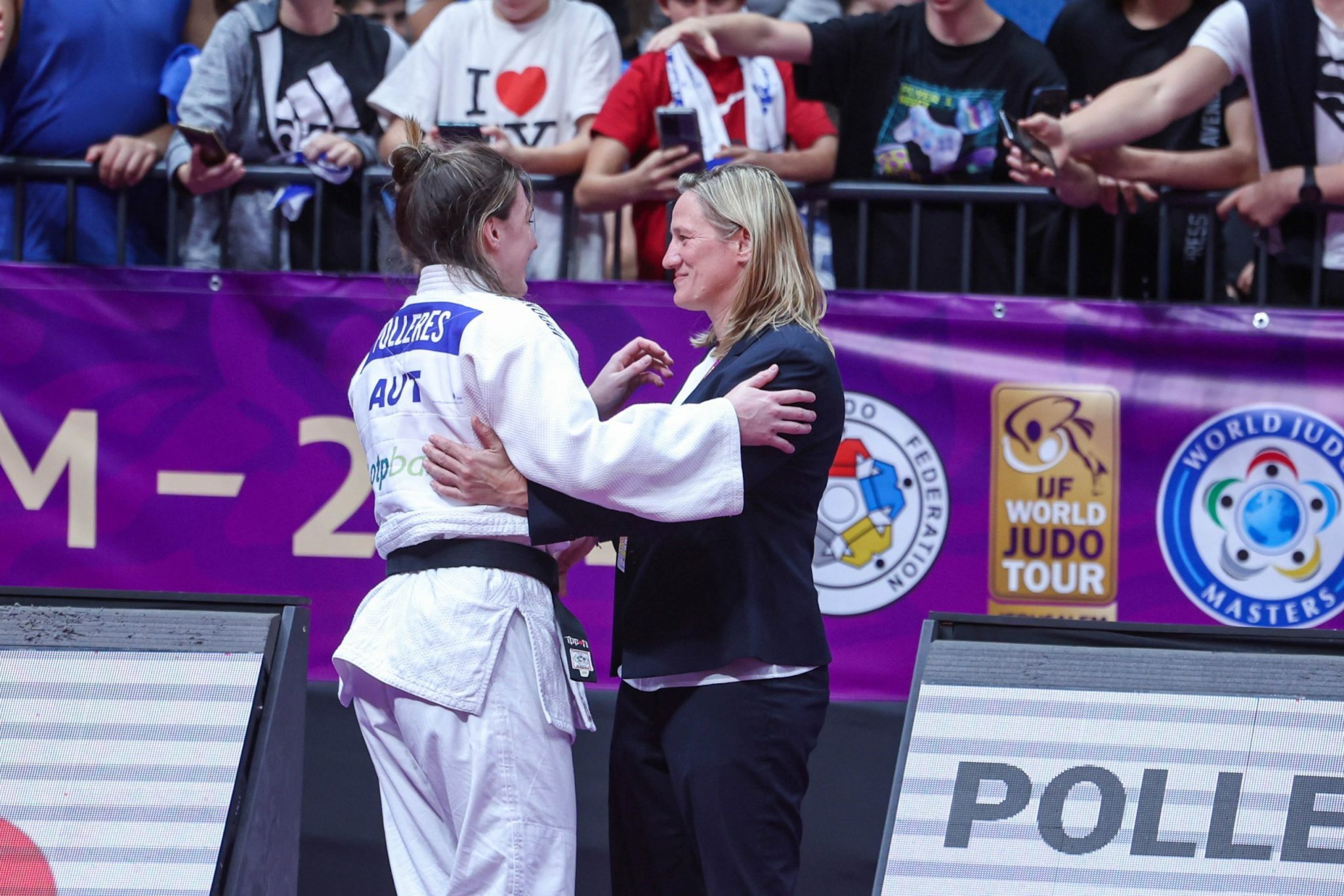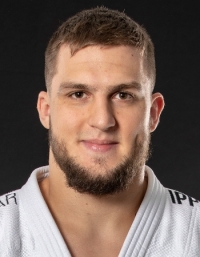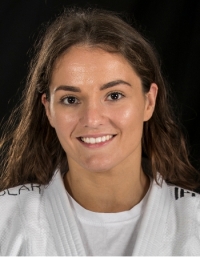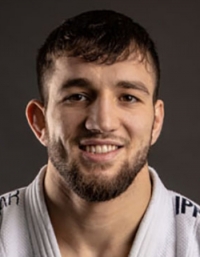Have you seen this yet? In Judo Austria circles, the final medal table from Tashkent quickly made the rounds. Austria at a Grand Slam tournament on rank 3 – with 1 x gold and 2 x silver medals – only beaten by Japan (4-3-2) and host Uzbekistan (3-1-4), this exceeded all expectations. All the more so because heavyweight Stephan HEGYI had to leave early with an Achilles tendon injury. The 24-year-old Viennese could face a longer break including surgery. “Of course, this loss hurts. Even more so because Stephan was just trying to fight his way back from a cruciate ligament tear,” admitted head coach Yvonne SNIR-BÖNISCH before the start of the tournament. The team-internal mood had sunk into the cellar for a short time.
By Saturday afternoon at the latest, sporting confidence returned. The red-white-red run of success was opened by Michaela POLLERES (-70 kg). The Olympic silver medalist from Tokyo and World Championship bronze medalist from Budapest had so far four bronze medals at Grand Slam level to her credit.
But since the Masters victory in Jerusalem before Christmas, Michaela know that she is good for gold at any time, even at the highest level. This knowledge makes you strong
believes Yvonne Snir-Bönisch. It was not a high-class final fight, the duel with top-seeded Barbara MATIC (CRO), but rather a tactical skirmish. “I can fight right and left. At the Olympics I fought Barbara on the left hand side, now in Tashkent with right hand side. That was discussed with Yvonne beforehand,” says the 25-year-old from Lower Austria, currently ranked No. 3 in the world as never before.
In the end, our duels are always close. In Budapest, at the 2021 World Championships, Barbara had the better end for herself in the golden score, in Tokyo and now also in Tashkent I happened to be the luckier one
Polleres says, then immediately adds. “I honestly didn’t think it would continue in this key after Jerusalem. Gold at the Masters, now my first Grand Slam gold. I think the route for the World Championships in Doha is right.”
Meanwhile, Shamil BORCHASHVILI (-81 kg) must continue to wait for his first Grand Slam victory. The Olympic bronze medalist, who won bronze at the World Championships in Tashkent just 6 months ago, fought his way into the final as expected. Yvonne Snir-Bönisch: “Shamil has recently worked a lot with coach Robert KRAWCZYK on tactics against right handers. His fighting style will be more difficult to predict as a result.” The gold duel against Attila UNGVARI (HUN) then did not go according to plan. The 28-year-old lost his tactical line as the fight progressed and conceded his third Grand Slam final defeat in a row. “His first victory is only a matter of time now,” emphasizes Yvonne Snir-Bönisch.
The third Austrian medal on Sunday came as a surprise. “Of course we knew internally that Aaron FARA (-90) can beat anyone. He is an Ippon thrower, can be dangerous to anyone. But that he would win a Grand Slam medal was not to be expected,” ÖJV President Martin Poiger marveled. “Especially not in the way Aaron managed it. He just used a fighting time of 2:45 minutes for the four victories up to the final and won each time with the same lifting technique.”
No. 2 seed Varlam LIPARTELIANI (GEO), highly decorated internationally, was then out of his league in the fight for gold.
I sold myself quite well for three minutes. But in the end Varlam was cleverer than me and took advantage of my first mistake. I have to acknowledge that without envy. But of course I am very satisfied with my result. I can only say thank you to my parents for always believing in me despite my long dry spell. I am proud that I now have silver and 700 world ranking points
said Aaron Fara with relief. A little present on the side: “With this performance Aaron has his place for the World Championships in Doha fixed”, Yvonne Snir-Bönisch and Martin Poiger quickly agreed.
Judoka
Author: EJU Media










